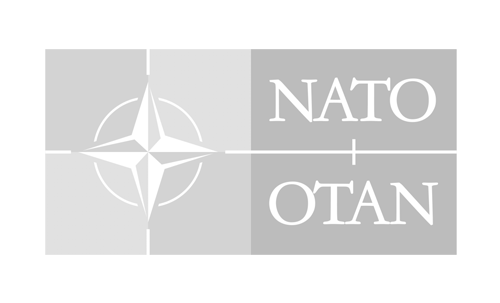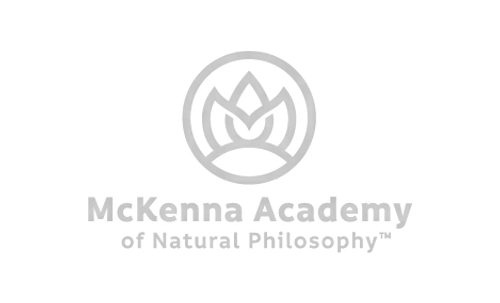APPS
APPS
Stories of Impact
Inspired by the groundbreaking work of Dr. Jane Goodall and the Templeton Prize, Templeton World Charity Foundation awarded the National Geographic Society with a grant to support three National Geographic Explorers as they seek to answer questions about animal intelligence. Mauricio Cantor, a Brazilian biologist and assistant professor at Oregon State University, is examining cooperative behavior among dolphins and humans across three sites in Brazil, India and Myanmar. Cantor will investigate whether specific ecological conditions have contributed to the evolution of human-dolphin cooperation among fishing communities in these regions. Cantor heads the Lab for Animal Behavioural Interaction Research In The Ocean (LABIRINTO) and serves as adjunct faculty at two universities in Brazil where he teaches and supervises ocean behavioral ecology. Felicity Muth is the head of the Muth Lab and assistant professor in the department of neurobiology, physiology and behavior at the University of California Davis. Muth’s research explores how ecology shapes the behavior of wild bees. Working with wild bees from rural Nevada and California, Felicity will study how the surrounding environment affects how bees learn and make decisions. Muth is a prolific science communicator and recently published a children’s book on bee diversity titled “Am I Even a Bee?”. Tiago Falótico is a Brazilian primatologist and ethologist who studies the behavior, social learning and culture of wild primates. Falótico’s research is focused on the use of tools among wild capuchin monkeys in Brazil’s Serra da Capivara and Ubajara National Parks. Using a primate archaeology approach, he will compare tool use behavior between different sexes and groups of capuchin monkeys to help drive a better understanding of primate cognition, cultural behavior and human evolution.
10:33 | 2024


























Comments
Sign in or sign up to post a comment.